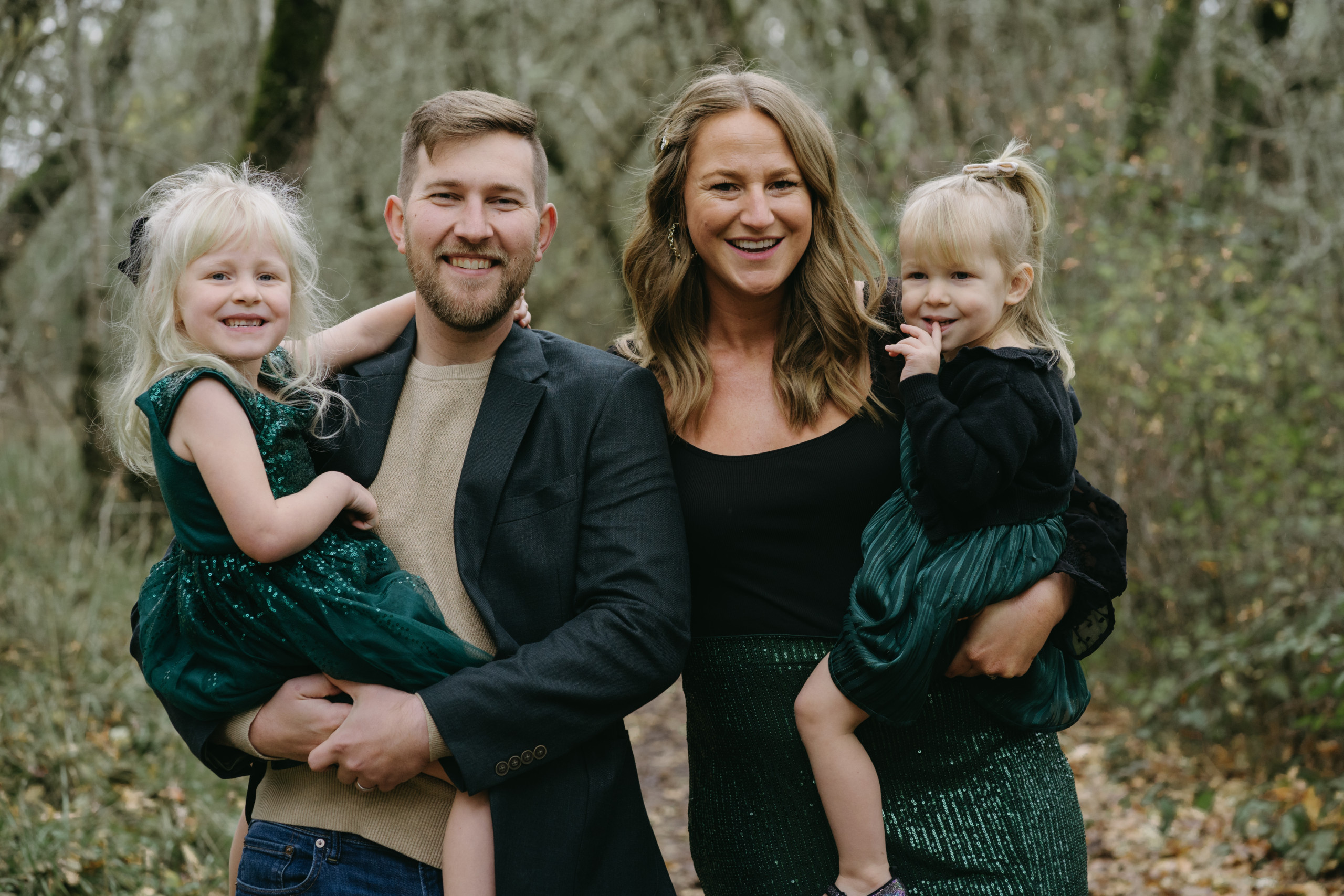
Janel (Fetters) Coburn ’14 started out as a psychology major at Bushnell University, but she quickly discovered the impact she could have on children through education. Coburn’s journey led her from teaching in California’s public schools to her current role at Eugene Christian School, where she can integrate a biblical worldview into her teaching practices. In this Q&A, Coburn explains her role as a middle school humanities teacher and shares how she fosters whole group discussions and provides individualized support for each student, which is something that was instilled in her during her time at Bushnell.
What drew you to your career in your industry and your current role at ECS?
When I was a student at Bushnell (then NCU) I initially started as a psychology major with interest in family therapy, but quickly shifted into the new mindset of being a major player in children’s lives through their education. After graduating with my degree and license, I moved to California where I taught everything from Pre-K to 8th grade in public schools. I found unique ways to support and encourage students of all ages through my time in the classroom. When I moved back to Oregon and began teaching at ECS, I loved the idea that I could integrate a biblical worldview into my teaching practices.
What does a typical day look like for you at ECS? What type of candidates are you and your team seeking, and how do you go about finding the best candidates?
A typical day at ECS for me currently involves supporting students in whole group settings during direction instruction followed by working in smaller groups to ensure that all students are getting the instructional supports they need to succeed. I am not involved in the hiring process, so the second half of that question is beyond me..I do know that ECS is always looking for hard working Jesus followers that want to develop Kingdom leaders.
What does your role as a middle school humanities teacher look like?
My role as a humanities teacher at ECS looks different depending on where we are in a unit of study. In the beginning of a unit, I spend a lot of time in direct instruction with students to make sure they have all the information they need. We spend time having whole group discussions, making anchor charts together, and really hammering the basics of a concept. After that, I’m able to take a step back and spend the next bit of our unit working in smaller groups to support students more specifically. It’s during this time that I’m able to touch base with students and gauge where their strengths and weaknesses are.
Why is your job industry so important?
Education is so important because teachers really are shaping the future. When I taught in public school, I loved that I could be a positive mentor for students of all ages and show them what it looks like to engage positively with the world around them. Even without being outspoken about faith, teachers have influence over 14% of a student’s time during the year (approximately 1,260 hours of the calendar year). When teachers are instructing within a private Christian school setting, they have even more influence over the shaping of young minds. Not only do we have the power to teach basic skills, we also have the honor of influencing the way students think about God, faith, and ways to impact the world with their gifts.
What drew you to Bushnell and the university program? What are some of the key ways in which the program helped prepare you for your career?
I was initially drawn to Bushnell because I was offered a volleyball scholarship. Once I started in the program, I stayed because of the amazing professors that were clearly invested in my success. The Education Program prepared me for my career by posing specific questions about how I would respond to different scenarios, providing a space for me to engage in a mock interview, and giving me time and guidance to learn how to write lesson plans and create units of study based in state standards. The Communications Program supported my skills as a professional communicator, and I can honestly say I use my skills from those two programs every single day.
With your experience, what advice would you give to students who are about to earn a degree and enter the job market?
Practically, I would encourage students to work diligently on their work samples and take lesson planning seriously. Most importantly, I would encourage students to keep their minds focused on the work they’re really setting out to do – shape young minds and make a positive impact on the world. Don’t get caught up in the daily routines, but instead keep your eyes trained on the big picture: being a trustworthy adult that genuinely cares for each student.
The School of Education at Bushnell University equips teacher’s education and school counseling candidates with the knowledge, skills, and dispositions necessary to be effective educators. All candidates pair in-class learning with hundreds of hours of direct experience in the field. Learn more about how to enter this rewarding profession and support children’s learning here: School of Education – Bushnell University.